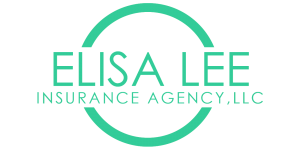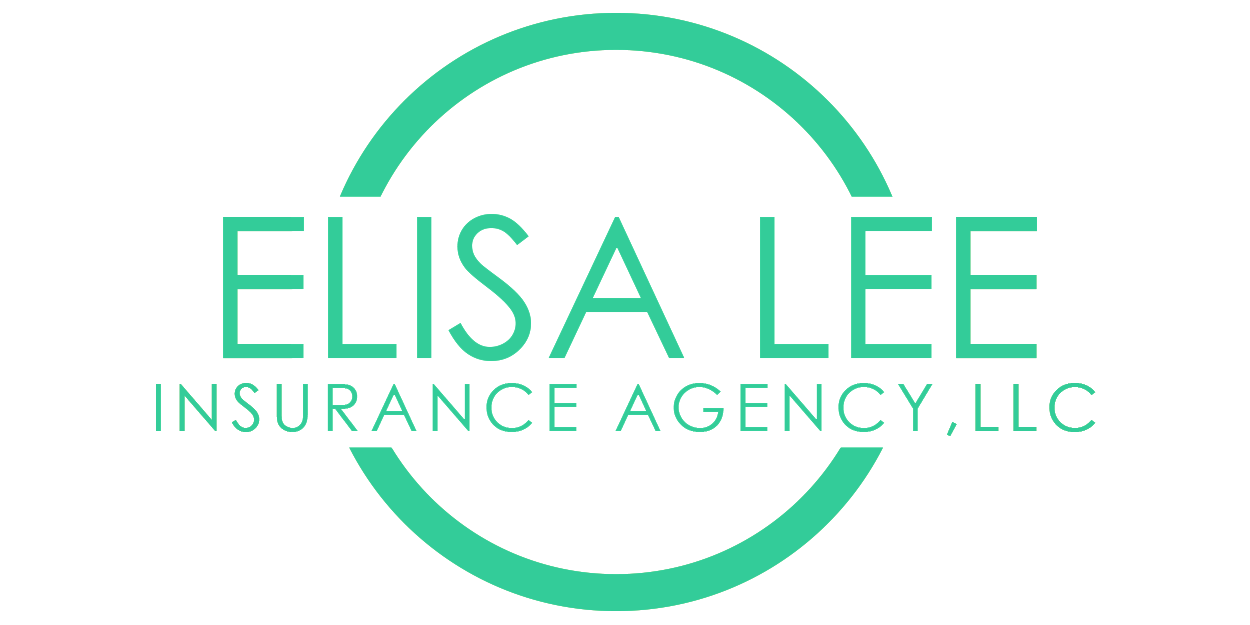Employment Practices Liability
A type of claims made liability insurance covering wrongful acts arising from the employment process. These types of policies and coverages included or excluded can vary. It is important to speak to an insurance professional to ensure you are obtaining the most appropriate coverages for your business.
Standard Coverages
Part A – Wrongful employment practices – Covers claims brought forth by employees and protects the employer again claims such as wrongful termination, discrimination, sexual harassment, and retaliation. defamation, invasion of privacy, failure to promote, deprivation of a career opportunity, and negligent evaluation. The policies cover directors and officers, management personnel, and employees as insureds. Defense costs are included with in the limit of liability provided and will erode the limit of liability.
Part B – Third party liability is a separate insuring agreement contained within employment practices liability insurance (EPLI) policies that covers liability claims brought by nonemployees (typically, customers, clients, and vendors) against employees of the insured business. This is called 3rd party liability. Most claims brought about by third parties are for harassment and discrimination. This coverage is subject to a separate limit from part A of the insuring agreement. Defense costs are included with in the limit of liability provided and will erode the limit of liability.
Self-insured retention is the amount of money the insured must pay before the carrier responds to the loss. The normal self-insured retention varies by carrier. The self-insured retention does not reduce the limit of liability when a loss occurs.
Defense costs are the amount of money paid by an insurance carrier to cover the cost to defend an insured in a lawsuit. Defense costs can include but are not limited to: Attorney’s fees, court costs, investigation and filing of legal documents.
Claims Made Coverage – See Claims Made
Prior pending proceeding date covers all claims made after this date for litigation and administrative actions. These actions must have been filed for coverage to be triggered. Litigation or administrative actions that occurred prior to this date will be excluded from coverage.
Continuity date, sometimes referred to as the “prior knowledge” date refers to the date when designated parties first become aware of an incident which maybe a covered act under the insurance policy. The continuity date is determined by the original date of the policy effective date. A designated party can be a director, executive officer, human resources department, or legal department of the organization. Employees outside the scope of these duties do not constitute a designated party. Any act which any designated party is made aware of before the continuity date listed on the policy would not be covered by the policy. It is important to know if coverage for which the continuity date applies exists when a designated person becomes aware of a possible covered act, if the act is reported immediately to the present insurance carrier, the claim will be covered no matter the date that the actual demand is presented to the insured. However, if the coverage is not in effect at the time the designated parties become aware of a possible covered act, no insurance will apply.
Business Quote Request
OUR LOCATION
1101 Marina Villiage Parkway, Suite 201, Room 251 Alameda, CA 94501
1-510-520-1883
CA License #0M21003
© Copyright 2024 Elisa Lee Insurance Agency, LLC | All Rights Reserved
Site by ICA Agency Alliance
1101 Marina Villiage Parkway, Suite 201, Room 251 Alameda, CA 94501
1-510-520-1883
CA License #0M21003
© Copyright 2024 Elisa Lee Insurance Agency, LLC | All Rights Reserved
Site by ICA Agency Alliance


